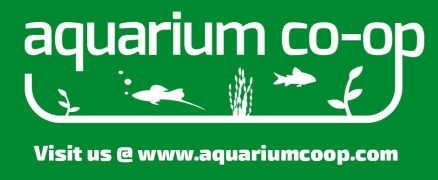Becca
Members
Has anyone tried these? Are they useful if the fish you keep are soft-water fish (mostly new world cichlids, cats, characins, plus SE Asian stuff)?
Jeremy wants discus and also wants some sort of water filtration for the showers in the house because the hard water bothers his skin.
I'm wondering if one of the salt-free systems might kill 2 birds with one stone and be less of a hassle than storing RO water for the fish tanks (plus having to change out filters, tubing, etc.) and installing and changing shower filters, etc.
Of course, it's WAY more expensive than the other options, which means it will require a different kind of patience, but if it sort of solves everything, it might be worth the wait.
Jeremy wants discus and also wants some sort of water filtration for the showers in the house because the hard water bothers his skin.
I'm wondering if one of the salt-free systems might kill 2 birds with one stone and be less of a hassle than storing RO water for the fish tanks (plus having to change out filters, tubing, etc.) and installing and changing shower filters, etc.
Of course, it's WAY more expensive than the other options, which means it will require a different kind of patience, but if it sort of solves everything, it might be worth the wait.


